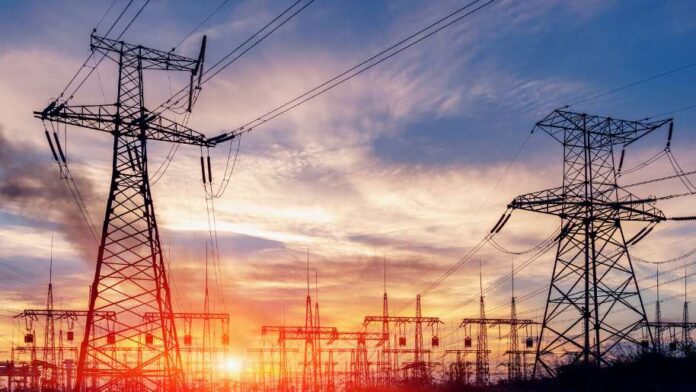Power Tariff Increased by NEPRA
In a recent development, the National Electric Power Regulatory Authority (NEPRA) has announced an upward revision in the power tariff, citing the need for a Fuel Charges Adjustment (FCA) for the month of July 2023. This increase, amounting to Rs5.40 per unit, has sparked discussions about its implications for consumers, distribution companies, and the overall electricity landscape.
Understanding the Tariff Hike
The decision to increase the power tariff by Rs5.40 per unit is rooted in the monthly Fuel Charges Adjustment (FCA), a mechanism that accounts for fluctuations in fuel prices and their impact on electricity generation costs. While this adjustment might lead to enhanced revenue streams for the energy sector, consumers are left wondering about the potential financial burden they might bear as a result.
Implementation and Consumer Impact
Scheduled for collection in September 2023, the tariff hike will undoubtedly raise concerns among consumers. The additional charges, if approved, could lead to a significant rise in electricity bills for households and businesses alike. It’s important to note, however, that this hike won’t apply to K-Electric (K-E) consumers, offering them some relief from the impending changes.
Distribution Companies’ Perspective
Distribution companies have approached NEPRA with a request to collect Rs2.07/unit as supplementary charges from consumers. This request, linked to the FCA for July 2023, showcases the intricate balance that regulatory bodies like NEPRA must strike between ensuring a steady revenue stream for distribution companies and safeguarding consumers’ interests.
NEPRA’s Review Process
In response to the tariff hike request, the Central Power Purchasing Agency (CPPA) has submitted a petition to NEPRA, seeking the regulatory body’s approval for the adjustment. To foster transparency and public participation, NEPRA has scheduled a public hearing on August 30. This review process will shed light on the justification behind the proposed increase and allow stakeholders to voice their opinions on the matter.
Potential Consumer Financial Impact
Should NEPRA give its nod to the tariff hike, the ripple effect could be substantial. The estimated financial impact of over Rs30 billion on electricity consumers raises concerns about the affordability of power for households, industries, and businesses. The burden of this increase might pose challenges to the government’s efforts to ensure accessible and affordable electricity for all.
Understanding the Cost Breakdown
Digging deeper into the numbers, the CPPA’s petition for the month of July reveals interesting insights. While consumers were initially charged a reference fuel cost of Rs6.8935 per unit, the actual fuel cost incurred amounted to Rs8.9638 per unit. This difference of Rs2.07 per unit forms the crux of the adjustment being proposed. The CPPA contends that this additional cost should be passed on to consumers, reflecting the true cost of electricity generation.
Balancing Act: Regulatory Measures and Consumer Welfare
As discussions unfold around the tariff hike, it’s crucial to recognize the intricate balancing act that regulatory bodies like NEPRA undertake. On one hand, the need to maintain a stable energy sector and ensure fair revenue for distribution companies is evident. On the other hand, safeguarding consumers from abrupt and hefty increases in their electricity bills is equally important.
Looking Ahead
The forthcoming public hearing on August 30 will serve as a platform for stakeholders to voice their opinions and concerns about the proposed tariff hike. It will also allow NEPRA to weigh the merits of the increase against its potential impact on consumers. The decision made will set the tone for the energy landscape in the coming months, shaping the accessibility and affordability of electricity.
Conclusion
In conclusion, NEPRA’s decision to raise the power tariff by Rs5.40 per unit for the monthly Fuel Charges Adjustment (FCA) has set the stage for a critical examination of the energy sector’s dynamics. The impact on consumers’ wallets, the responsibilities of distribution companies, and the regulatory oversight of bodies like NEPRA collectively shape the trajectory of electricity affordability and accessibility. As stakeholders prepare for the public hearing, the delicate equilibrium between sectoral growth and consumer welfare remains at the forefront of discussions.

